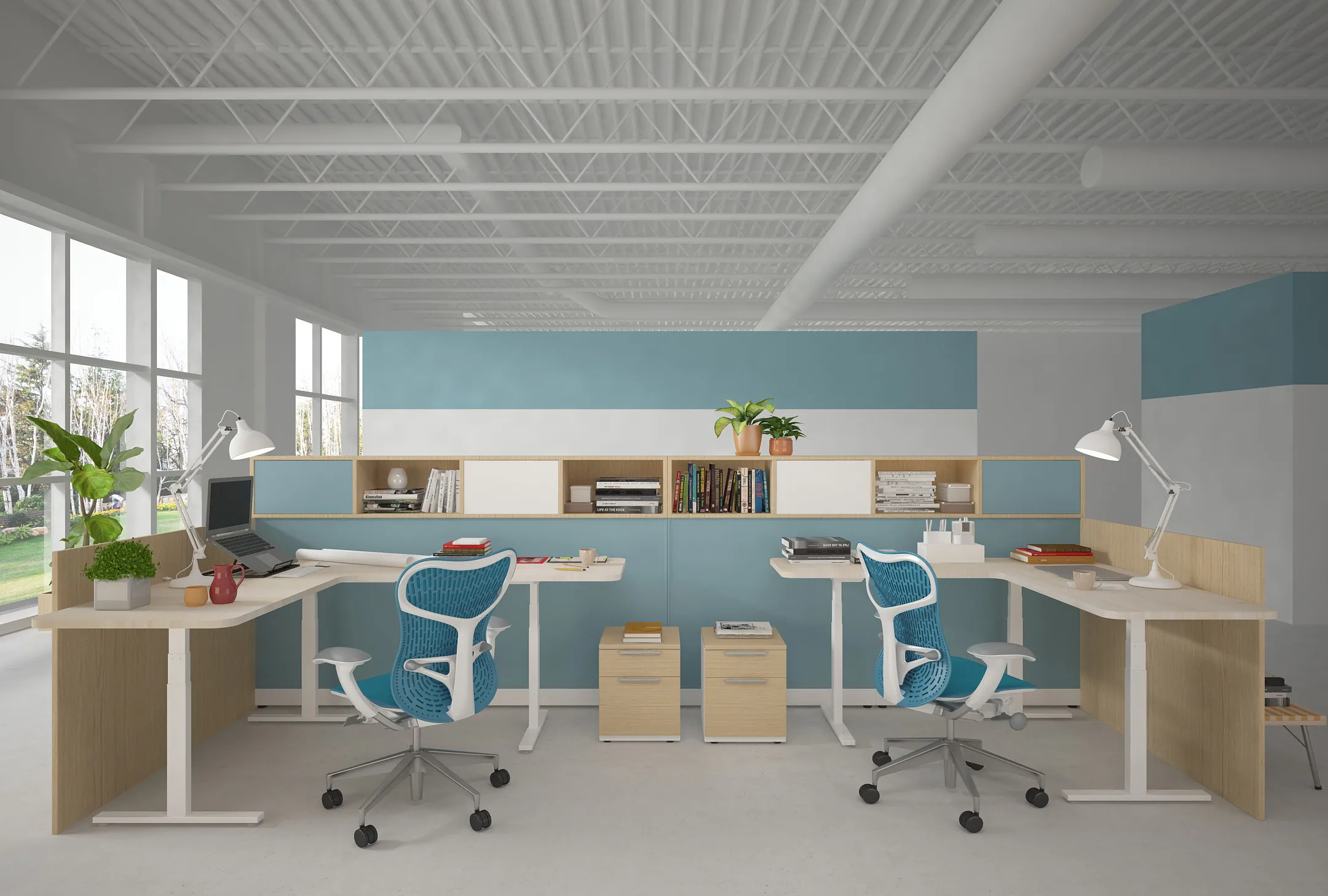
Overview
The workplace is changing at an unprecedented rate. People all over the world are experiencing a fundamental shift in how and where they work. Faced with such upheaval, businesses, developers and owners are actively seeking effective ways to optimize their real estate. A premium experience for tenants and employees will be what sets them apart. Employees around the world continue to value the unique advantages of the physical workplace in terms of social interaction, work instruction, deep focus and teamwork. In order to win the battle for talent, companies must also build an ecosystem of workplaces, including corporate office, telecommuting and other work modes, so that the talents under the table can fully realize their potential. Now is the time to reinvent the physical workplace: using emerging technologies or new spaces to create unique, fulfilling and engaging office experiences
TRENDS IN CHINA
What new office space trends are emerging in China? Multinational corporations are implementing their office standards globally and driving the formation of new office space concepts. In the United States, "Activity Based Working (ABW)" has existed for many years, and has been written into the company's global standard, which is very popular in new or renovated office spaces. This office model has aroused strong attention from the market. But it is worth noting that this office model is not suitable for all companies, and companies can adopt a hybrid office model according to their own needs. If a company is transitioning from a traditional fixed-station office model to a hybrid office model or a full ABW office model, it is strongly recommended that it change its management model so that users can prepare for the change in the office model. Companies should communicate openly and honestly with users, explaining the necessity of changing the office model and the tools needed, so as to stimulate users’ desire for new office models and office spaces.
What facilities do Chinese companies want to provide today? Social spaces are essential, such as pantries, cafes, and help facilitate communication and connections among colleagues. Millennials place a high value on dedicated wellness spaces, which can be gyms, flexible spaces that can host yoga or fitness classes, relaxation pods or meditation rooms. The variety of space types allows employees to flexibly choose the right place and time to work according to the task at hand. Dedicated spaces are still the first choice for many companies in China, however, freeing employees from workstation constraints, better collaboration with teams or finding a quiet place to handle tasks that require a high degree of concentration is best suited to the needs of current employees.
Strategy and Research
Workplace Transformation
The COVID-19 pandemic continues to disrupt global supply chains, driving a dramatic shift in the workplace.
As the COVID-19 pandemic enters its third year, new impacts such as supply chain issues, labor shortages and inflation are emerging. As a result of these issues, competition for materials, talent and resources has become more intense than ever. Customers across the globe and across industries are experiencing delays and bottlenecks in the delivery of building materials and furniture, leading to construction delays and surging costs. Gensler is taking action to redesign the selection process for high-quality low-carbon products and improve the resilience and sustainability of supply chains in the construction industry. These new "Green Building Codes" call for prioritizing materials that reduce construction carbon emissions and recommend the use of locally produced and manufactured materials. Through this initiative, we will establish new systems to ensure that our clients' projects meet new safety, health, policy, sustainability and insurance requirements to help them avoid the adverse effects of unforeseen circumstances.